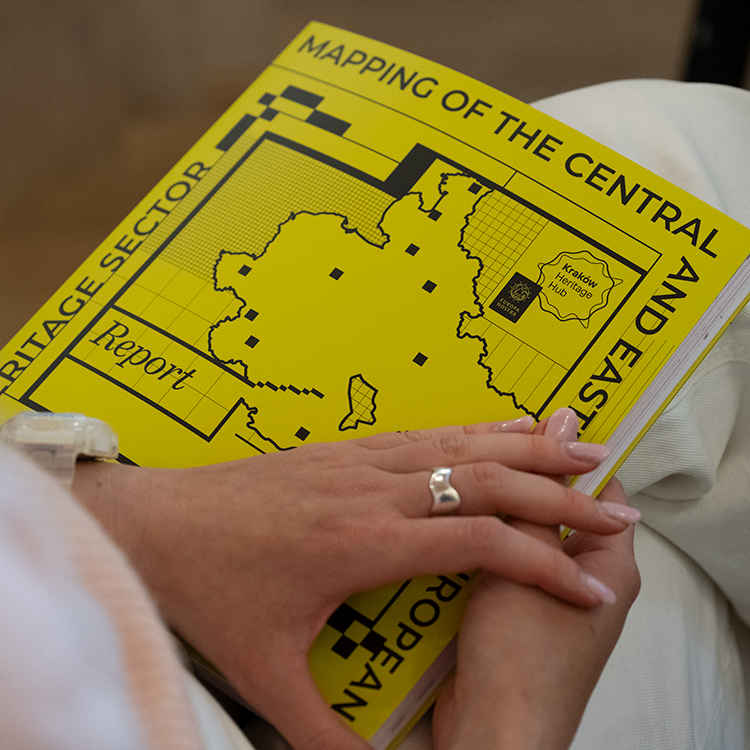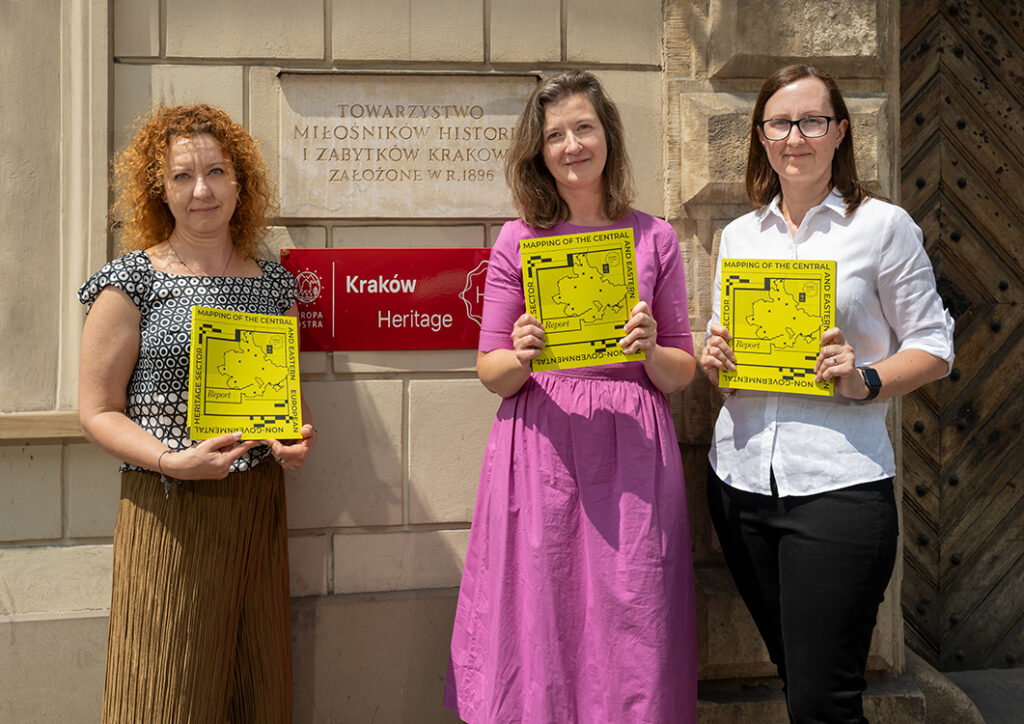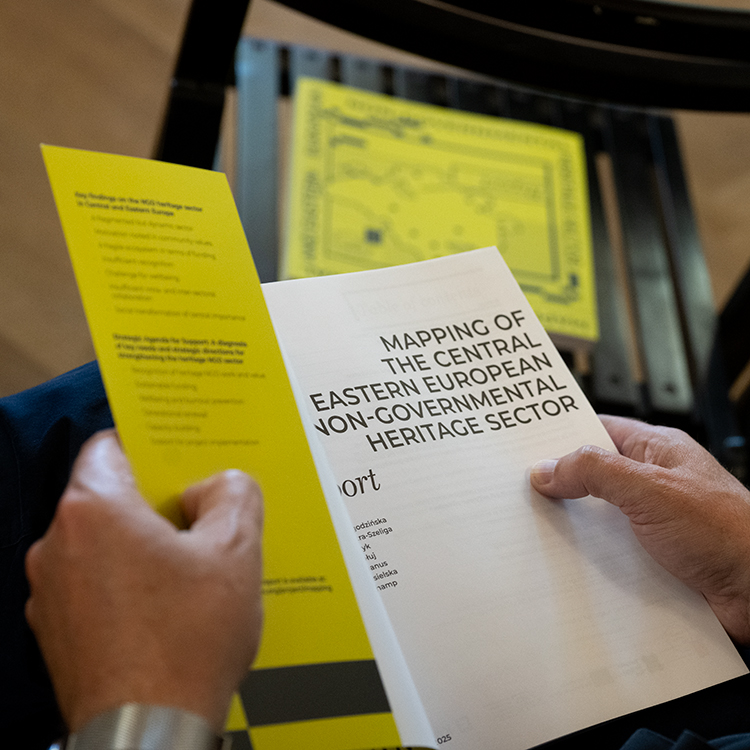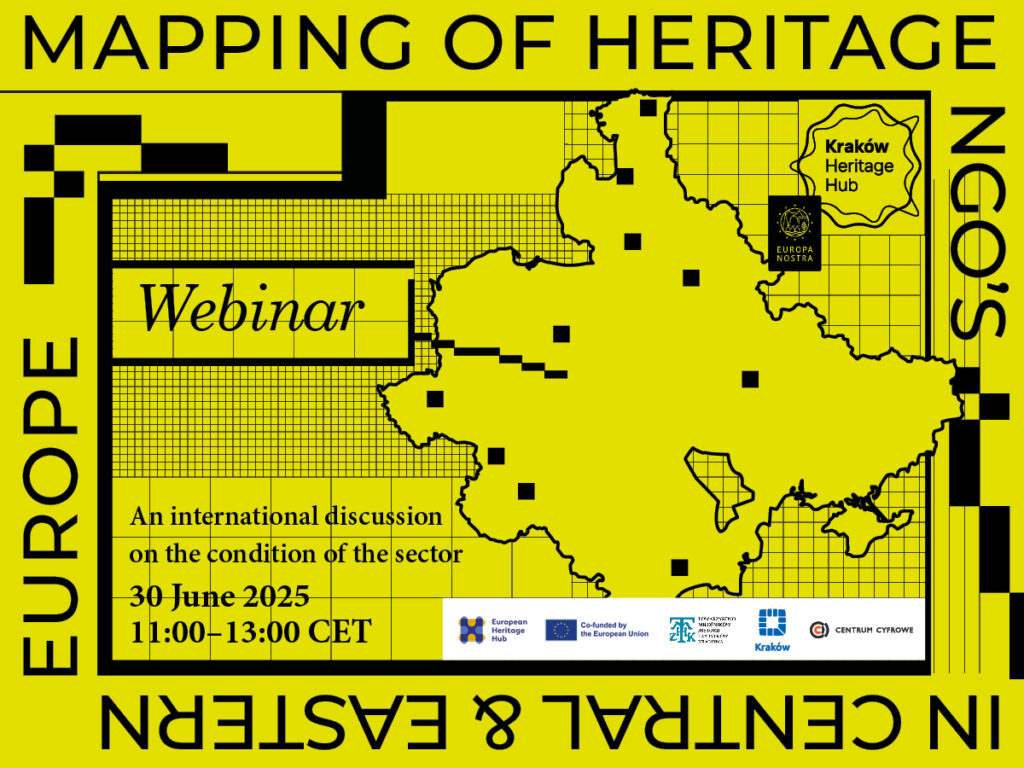We use cookies to help you navigate efficiently and perform certain functions. You will find detailed information about all cookies under each consent category below.
The cookies that are categorized as "Necessary" are stored on your browser as they are essential for enabling the basic functionalities of the site. ...
Necessary cookies are required to enable the basic features of this site, such as providing secure log-in or adjusting your consent preferences. These cookies do not store any personally identifiable data.
Functional cookies help perform certain functionalities like sharing the content of the website on social media platforms, collecting feedback, and other third-party features.
Analytical cookies are used to understand how visitors interact with the website. These cookies help provide information on metrics such as the number of visitors, bounce rate, traffic source, etc.
Performance cookies are used to understand and analyze the key performance indexes of the website which helps in delivering a better user experience for the visitors.
Advertisement cookies are used to provide visitors with customized advertisements based on the pages you visited previously and to analyze the effectiveness of the ad campaigns.
We invite you to participate in an international webinar on the non-governmental heritage sector in Central and Eastern Europe. During the meeting, which will be attended by heritage experts, the results of a project mapping this sector will be presented in a pioneering report entitled “Mapping of the Central and Eastern European non-governmental heritage sector: Report”. The report was prepared by the Europa Nostra Heritage Hub for Central and Eastern Europe in Kraków in cooperation with the Centrum Cyfrowe in Warsaw.
WEBINAR
MAPPING THE NON-GOVERNMENTAL SECTOR DEALING WITH CULTURAL HERITAGE IN CENTRAL AND EASTERN EUROPE: AN INTERNATIONAL DISCUSSION ON THE CONDITION OF THE SECTOR
30 JUNE 2025, 11:00–13:00 CET
ZOOM PLATFORM
Participation in the webinar is free of charge, but registration is required: HERE
The meeting will be attended by: Georg Häusler, Director for Culture, Creativity and Sport, DG EAC of European Commission, Sneška Quaedvlieg-Mihailović, Secretary General of Europa Nostra, Prof. Dr Jacek Purchla, Vice-President of Europa Nostra, Agata Wąsowska-Pawlik, Member of the Board of Europa Nostra and Director of the International Cultural Centre in Kraków, representatives of three non-governmental organisations presented in the report from Poland, Romania and Ukraine and the authors of the report.
The experts will discuss the results of the research in the context of their potential use in the development of policies for the promotion, management, protection and education of heritage, both in the region and at the European level. The enormous potential of the non-governmental heritage sector in this area should be exploited at local, national and international level.
The study, conducted between 2023 and 2025, covers ten European countries: Belarus, Czechia, Estonia, Hungary, Latvia, Lithuania, Poland, Romania, Slovakia and Ukraine.



The project responded to the need to fill knowledge gaps about the scale, characteristics and challenges of the non-governmental heritage sector in the region, which has been estimated at around 33,500 entities. What we learn from the research is that the sector is rather fragmented, but operating dynamically, based on deep-rooted social values and a sense of mission. An emerging sense of lack of appreciation from authorities and society, together with difficulties of a financial nature, underpin the often indicated burnout of those working in the sector and their reduced sense of job satisfaction. The interest of young people and generational renewal in organisations is also mentioned as a significant challenge. In order for the sector to function smoothly, there is a need for a change in the perception of NGOs and an appreciation of their efforts on the one hand, and a reform of financial, administrative and organisational support on the other.
The research was based on desk research, quantitative data analysis, an online survey, in-depth interviews with key stakeholders and group discussions conducted in ten national languages. Ten facilitators from each of the countries included in the analysis assisted in data collection.
